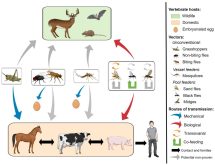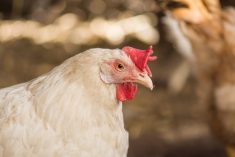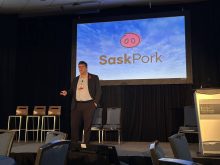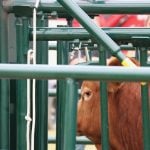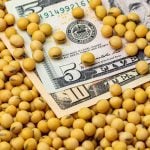New York | Reuters –– Nestle said Tuesday it will stop using eggs laid by caged hens in its U.S. products by 2020, making it the largest packaged food company to go cage-free amid pressure from consumers and animal-rights groups.
The world’s largest food maker said it uses about 20 million pounds of eggs annually in products such as Toll House cookie dough, Haagen-Dazs ice cream and Stouffer’s breakfast items. Currently, none of Nestle’s U.S. egg supply is cage-free, Paul Bakus, president of U.S. corporate affairs, said in an interview.
Read Also
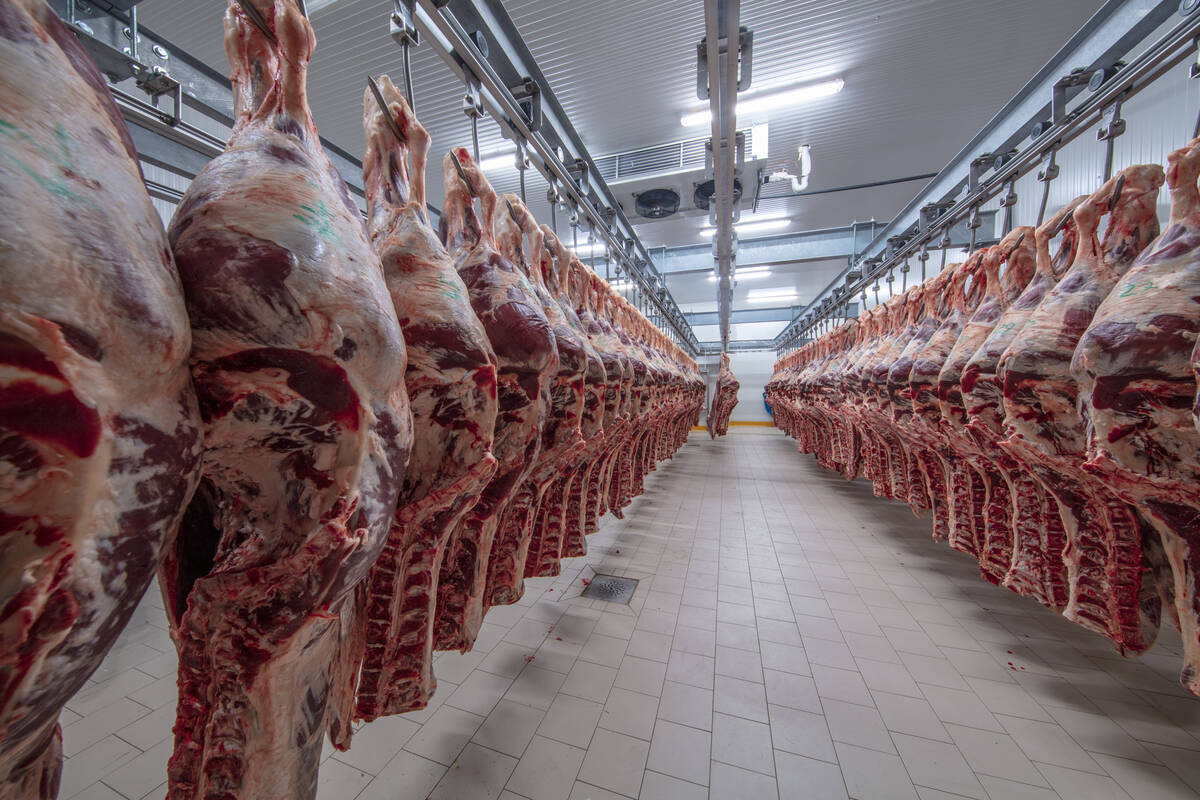
U.S. livestock: Feeder contracts surge, hogs rise
Chicago feeder cattle contracts surged on Thursday. Live cattle and lean hogs also made healthy gains. Most-active April live cattle…
The decision comes at a time when the food industry is under pressure from groups including the Humane Society of the United States, Mercy for Animals and World Animal Protection, which have successfully lobbied many companies to adopt animal welfare practices.
Companies have also said consumers are paying more attention to how the food they buy is made, prompting industry to change its sourcing of ingredients.
Bakus said the transition to cage-free eggs is backed by Nestle’s current suppliers and the change is not expected to significantly increase the cost of eggs for Nestle. The U.S. is Nestle’s biggest market.
“At this point, we’re not planning on passing through any costs associated with this to our consumers because we’re hopeful the costs will be minimal,” he said.
Both General Mills and Kellogg said earlier this year they will source 100 per cent cage-free eggs by 2025.
Fast-food companies have made similar announcements. McDonald’s said in September its 16,000 U.S. and Canadian restaurants will serve only eggs laid by cage-free chickens within 10 years while rival Burger King has committed to using only cage-free eggs by 2017.
“When the world’s largest food company speaks, their suppliers listen,” said Matthew Prescott, senior food policy director of the Humane Society of the United States, of Nestle’s announcement. “In the short term, any egg producer would have to be out of their right mind to build a facility with cages.”
He added, “What we hope Nestle will do is extend the timeline to the rest of its supply chain worldwide.”
Bakus said Nestle had prioritized making the transition to cage-free eggs in the U.S. International markets have separate supply chains, making it harder for them to commit to the same timeline, he said.
— Anjali Athavaley reports on the U.S. food and beverage sectors for Reuters from New York City.





